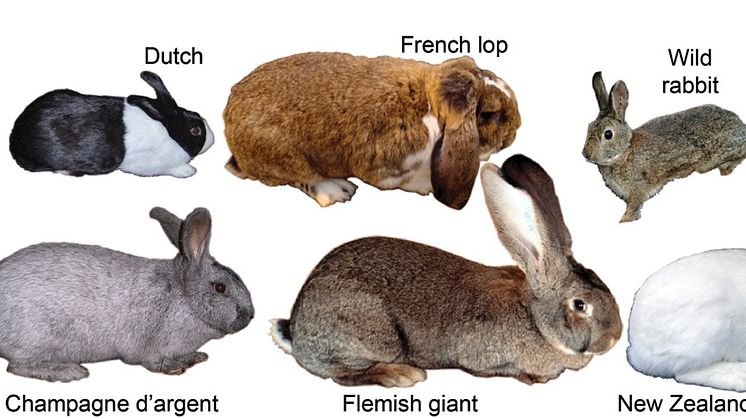Very low concentrations of heavy metals and antibiotics in the environment contribute to resistance problems
New research at Uppsala University shows that plasmids containing genes that confer resistance to antibiotics can be enriched by very low concentrations of antibiotics and heavy metals. These results strengthen the suspicion that the antibiotic residues and heavy metals (such as arsenic, silver and copper) that are spread in the environment are contributing to the problems of resistance.
